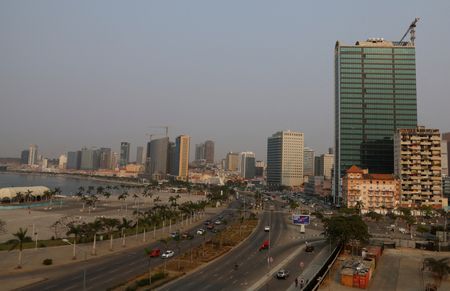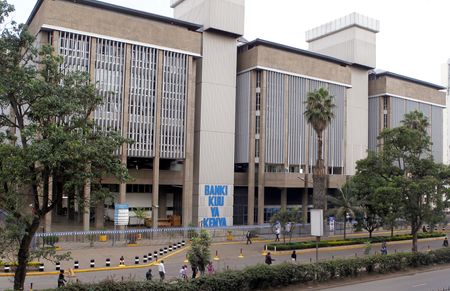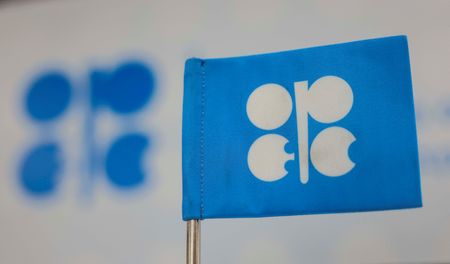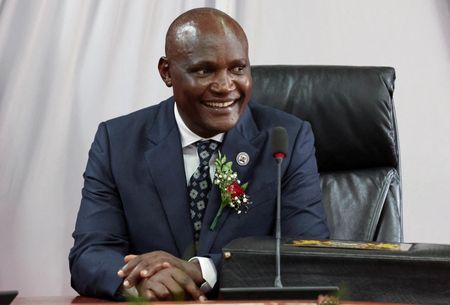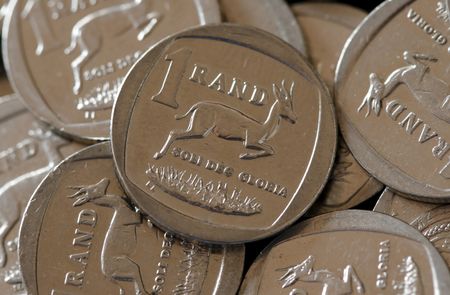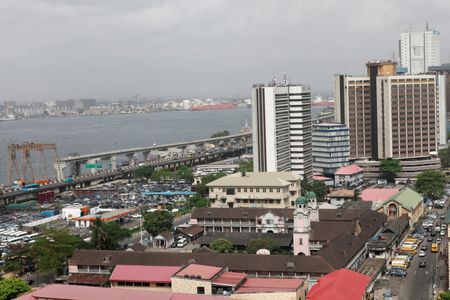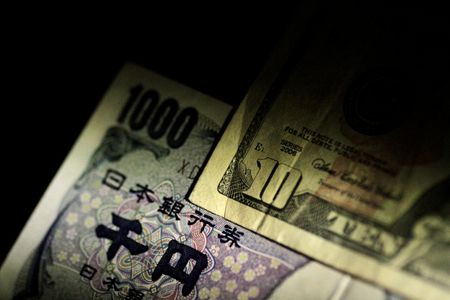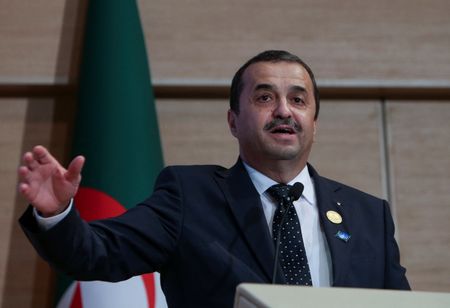By Colleen Goko
JOHANNESBURG (Reuters) -Angola is looking to raise $1.5 billion dollars in its return to international capital markets, the finance ministry said on Tuesday, becoming the latest African sovereign to seize on the most favourable borrowing conditions in six years.
The southern African nation, making its first foray into international bond markets since 2022, is offering five-year and 10-year dollar bonds maturing in January 2031 and October 2035 respectively, with initial pricing indicated at around 9.75% and 10.50%, according to a filing on Tuesday.
The transaction forms part of Angola’s 2025 financing plan, which aims to raise about $6 billion through debt instruments to meet total funding needs of $14.9 billion, a finance ministry report showed Tuesday.
The bond sale comes at a critical time for Angola.
The government needs to repay $864 million on a bond maturing in November and has borrowed $1 billion via a total return swap with JPMorgan expiring in December.
Dorivaldo Teixeira, director in the debt management office of Angola’s finance ministry, told Reuters on Tuesday it had not been decided whether the government would roll over the total return swap, on which it pays interest of 9%.
Yields on Angola’s 2032 international bond stood at 9.86% on Tuesday – up 14 bps, though still close to its lowest since February 2023.
Citi, Deutsche Bank, JPMorgan and Standard Chartered are joint lead managers on the sale.
INVESTORS ARE PILING INTO AFRICAN BONDS
Angola’s move underscores renewed appetite for African sovereign debt. The premium investors demand to hold African government bonds over U.S. Treasuries — tracked by JPMorgan’s Africa NexGem index — has narrowed to its tightest levels since the benchmark was launched in 2019.
“The easing cycle should further support a search-for-yield environment, particularly in a world where liquidity remains abundant,” said Dan Wood, portfolio manager at William Blair Investment Management.
Bond sales from so-called frontier markets – smaller and riskier economies – have been few and far between in recent years.
“Issuance has also been fairly limited so far, helping valuations,” said Aurelie Martin, emerging-market fixed income analyst at Ninety One.
Credit upgrades and fiscal reform progress are adding to momentum. Fitch and Moody’s recently raised Nigeria’s rating a notch higher, while S&P Global removed Ghana from default and confirmed a positive outlook on South Africa.
WHICH AFRICAN COUNTRIES MAY ISSUE EUROBONDS NEXT?
The Democratic Republic of Congo has secured cabinet approval for a debut international bond of about $1.5 billion, which could come before mid-2026. Nigeria said it could sell as much as $2.3 billion of international bonds before year-end.
Samir Gadio, head of Africa strategy at Standard Chartered Bank, expects South Africa to tap markets again, though probably only after a medium budget policy statement in November.
More broadly, emerging market debt sales are on track for a record year.
But concerns over the health of the global economy could cloud the rosy outlook, said analysts.
“We could see the asset class come under renewed pressure in a scenario where global inflation makes a comeback and/or continued trade tensions would weaken global growth substantially,” said Kaan Nazli, portfolio manager at Neuberger Berman.
Commodity price drops or fiscal slippage could also test appetite for African bonds.
“It’s still looking like risk-on for African assets,” said Razia Khan, chief economist for Africa and the Middle East at Standard Chartered. “It’s persisted longer than anyone thought, but it’s not exactly comfortably risk-on.”
(Reporting by Colleen Goko; Additional reporting by Anait Miridzhanian and Sonia Rolley; Editing by Karin Strohecker, Aidan Lewis and Gareth Jones)

